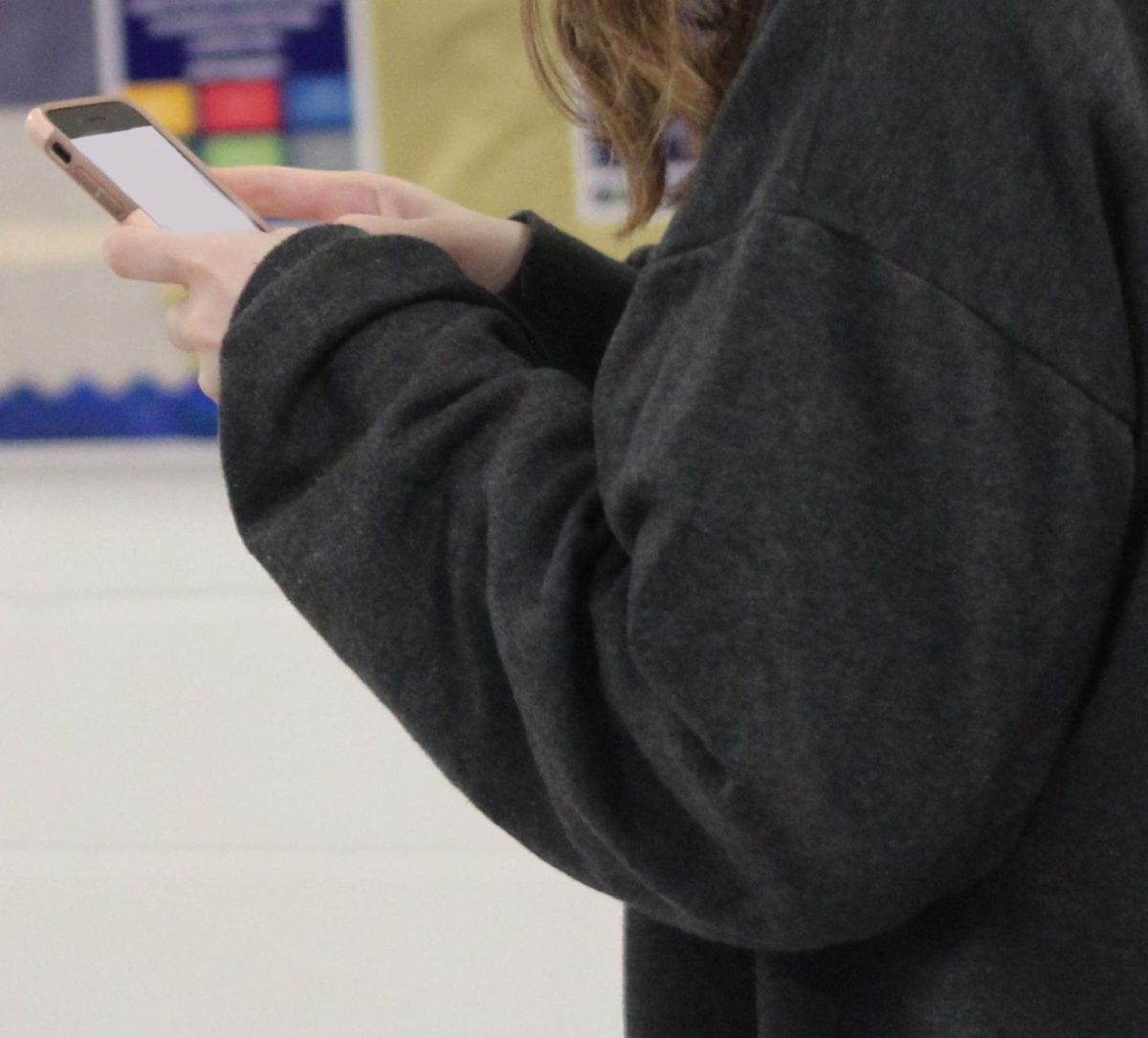According to analytics, I spend six hours daily on my phone, which is 20 hours and 13 minutes for the week. Specifically, I distribute about three hours and 52 minutes on Instagram, one hour and 32 minutes on TikTok, and one hour and 24 minutes on Snapchat. Notably, the average screen time in America for adolescents is 8 hours and 39 minutes. I have been struggling lately with managing my screen time, especially regarding social media. I know it is recommended to limit screen time to 2 hours a day, but I spend a lot more time on my phone, scrolling through social media feeds.
Recent research suggests that social media is a key driver behind the rise in teen depression. The constant comparison, cyberbullying, and pressure to present a perfect image online are taking a toll on the well-being of young teens. A study from UCLA Health shows that from 2005 to 2017, depression in young teens went up by about 52%.
Oksana Lidke is a physical nurse practitioner who received her doctorate from Grand Valley University and has over 15 years of experience with children and adolescents in medicine and psychiatry. Lidke suggests that social media isn’t just a platform to look at but has become a lifestyle that most adolescents have become dependent on.
Lidke conducted a study called “Let’s Move Away From Screen,” a six-week project that was in one of West Michigan’s after-school programs. This was mainly for kids attending 6th and 7th grade. The idea was to implant physical activity into their schedule to build healthy habits and lifestyles. The main concern for this project was that 34% of children in 4th to 5th grade were averaging 3–4 hours more than the recommended screen time found through a survey. In this project, it was also found that child obesity is affected by screen time. Eight trials were presented to reduce screen time; in these trials, 95% affected BMI.
The prefrontal cortex is responsible for social behavior and decision-making; it fully develops once a person reaches 20 years of age. Since these parts of the brain aren’t fully developed, it can lead young minds to respond to stimuli by using social media, which can affect the more emotionally reactive parts of their brain. So when they see something they don’t like or is negatively pointed toward them, this can lead to anxiety or severe depression.
Social media can take a toll not only on mental health but can cause physical issues as well, which can lead to mental problems. The algorithm that social media uses to keep people coming back is where the issue lies and the concern of the physical toll it can take. I know firsthand how this feels. The mental toll social media has put on me and my peers is something that needs to be addressed more.
Sleep deprivation is one of the physical tolls, especially for young teens. Checking social media throughout the day becomes a habit that can be hard to break during the night. According to the American Academy of Ophthalmology, blue light that comes off your phones, computers, and tablets can disturb your natural sleep schedule. Lack of sleep can lead to anxiety, chronic stress, and severe depression.
Social media can provide numerous benefits to adolescents in terms of socialization, education, and exposure to diverse cultures. However, parents and guardians must keep a close eye on their children’s social media activities. By monitoring their social media use, parents can help their teens develop healthy digital habits that will contribute to their overall well-being and future success. Therefore, it is essential to strike a balance between allowing teens to take in the benefits of social media while also ensuring their safety and happiness in the future of social media.
Tips and tricks
- Set a timer for an hour. Once the timer goes off, set your phone down and go on a walk or read.
- Put down your phone 20 minutes before bedtime. Bluelight that comes off your phone can mess with your melatonin levels and make it harder to fall asleep.
- Make sure to get at least 60 minutes of physical activity in your routine. you can do this while you’re taking a break from your phone.

